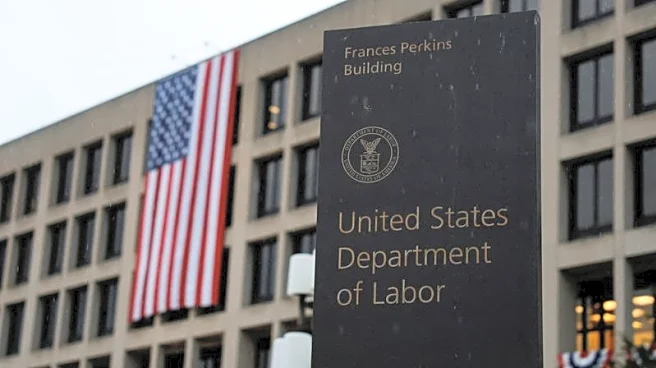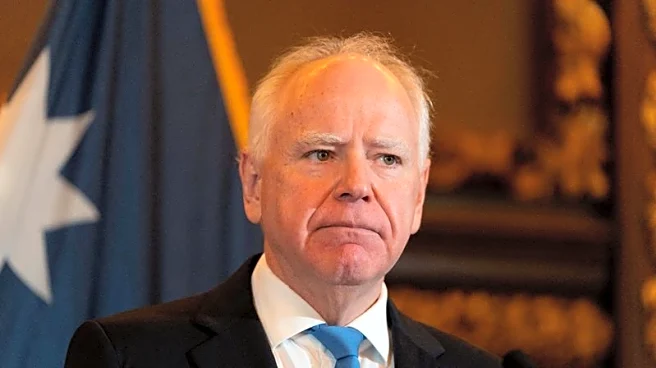What's Happening?
Rabbah Saphir Noyman Eyal of Mishkan Hakavana presents a Kabbalistic view of the Jewish High Holidays, emphasizing their universal significance beyond traditional rituals. She explains that these holidays serve as a blueprint for human spiritual development, with Rosh Hashanah marking a 'memory day' that calls humanity to remember creation's purpose. The teachings highlight the importance of self-examination and spiritual growth, urging individuals to shift from a focus on actions to a state of being. The holidays are seen as a divine partnership model, with Rosh Hashanah revealing creation's purpose, Yom Kippur introducing mercy, and Sukkot symbolizing dwelling with divine light.
Why It's Important?
This perspective challenges conventional religious observance, encouraging a deeper spiritual engagement that transcends cultural boundaries. It calls for a shift from doing to being, promoting a universal spiritual development that can impact global communities. The teachings emphasize the importance of physical transformation in spiritual work, suggesting that Israel serves as a unique spiritual and geographic location for this journey. This approach could influence how individuals and communities worldwide approach spiritual growth and religious observance, fostering a more inclusive and transformative understanding of the High Holidays.
What's Next?
The teachings suggest a continued exploration of Kabbalistic texts and spiritual companionship to break conventional perceptions and create new spiritual possibilities. This process involves recognizing and admitting defeat in current ways of perceiving and acting, opening space for new hope and dedication to a greater purpose. The emphasis on Israel as a spiritual concept may lead to increased interest in visiting or engaging with the country during the High Holidays, potentially influencing global spiritual tourism and cultural exchange.
Beyond the Headlines
The teachings highlight the ethical and spiritual responsibility of individuals to model divine morality and embrace a partnership with the Creator. This perspective encourages a shift from personal interest to communal responsibility, recognizing the interconnectedness of humanity. It challenges individuals to move beyond comfortable religious observance toward a true perception of goodness and divine partnership, potentially influencing long-term spiritual and cultural shifts.










